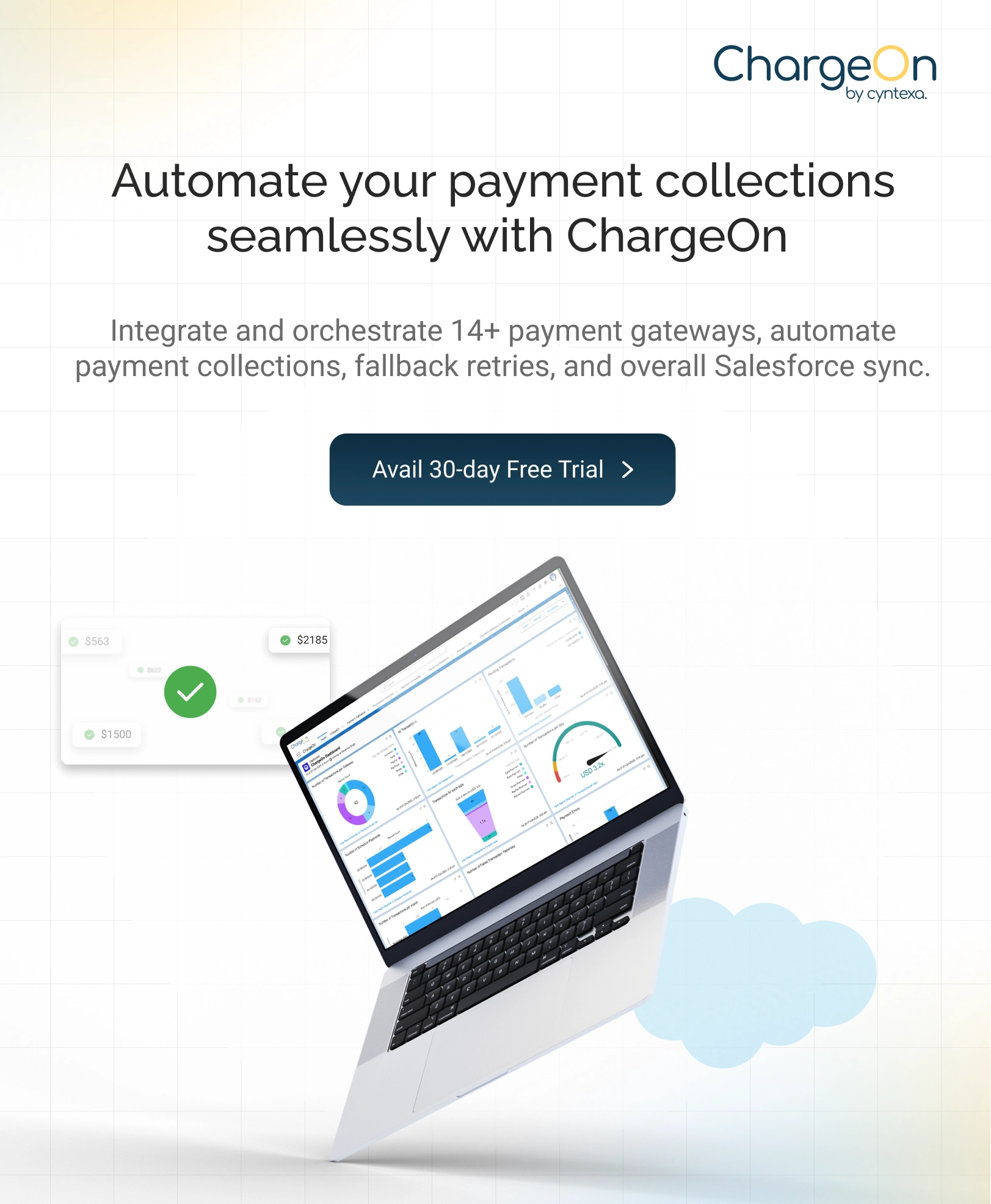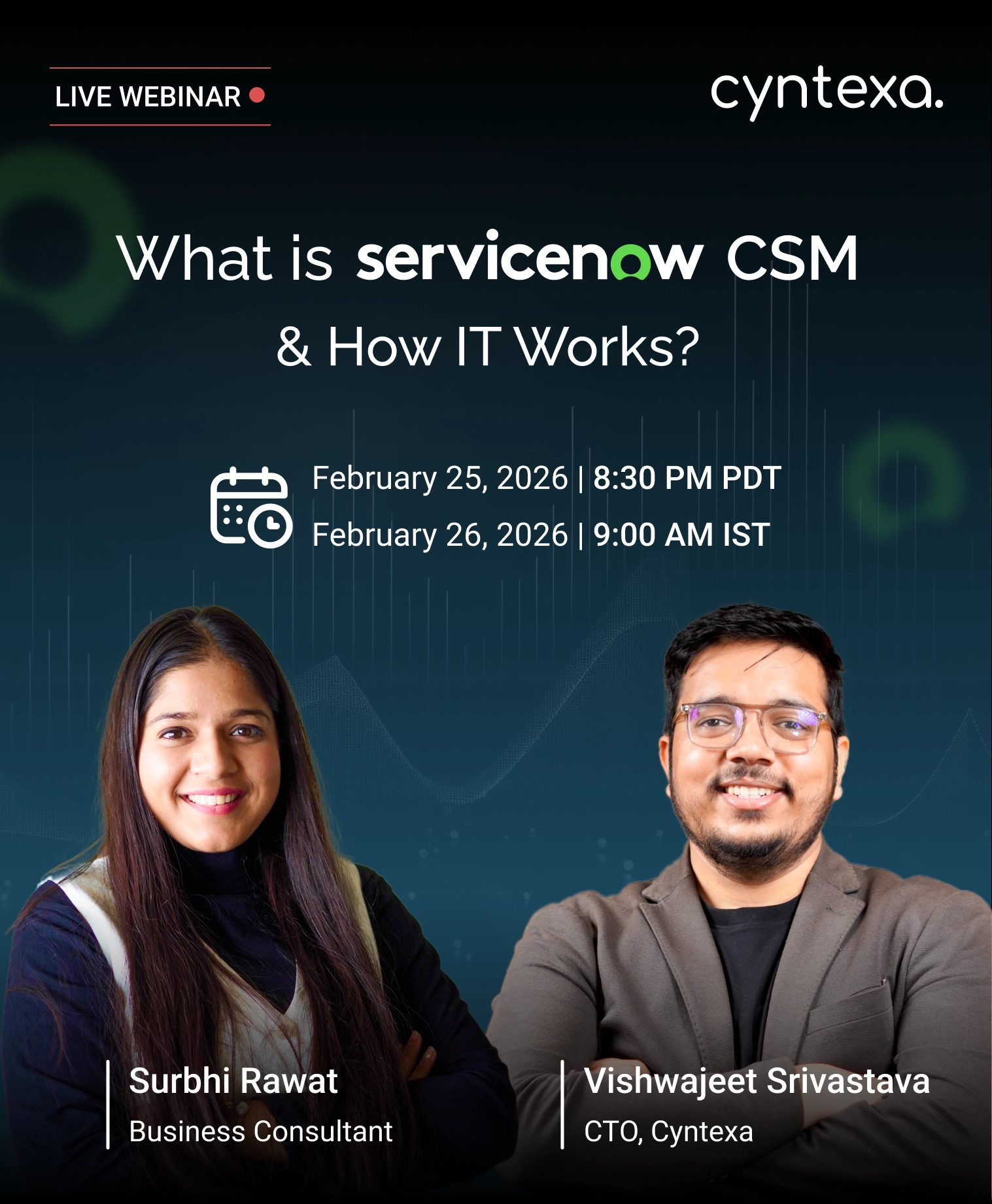Salesforce B2B Commerce vs B2C Commerce: Understanding The Differences
Table of Contents
Online commerce i.e. eCommerce is growing rapidly. According to Statista, more than 80% of customers favor shopping online worldwide. Easy access to the Internet, the rising adoption of mobile devices, and the comfort of online shopping are pivotal attributes propelling the eCommerce businesses’ growth.
The escalating vogue of online shopping has been a force behind the inspiration of businesses to build their online existence and create hassle-free shopping experiences to distinguish them from the competition. Salesforce B2B Commerce Cloud and Salesforce B2C Commerce Cloud are two eCommerce platforms most widely used by eCommerce businesses of all sizes.
Here in this blog, we will speak about the discrepancy between B2B Commerce Cloud vs B2C Commerce Cloud, so you can apprehend the kinds of businesses that are best served by each platform.
So, let’s paddle ahead with a fundamental knowledge of each platform.
Salesforce B2B Commerce Cloud vs Salesforce B2C Commerce Cloud
Both B2B Commerce Cloud and B2C Commerce Cloud are the products of Salesforce Commerce Cloud. However, they have some differences as shown below:


1. Business Needs
The major difference between B2B Commerce vs B2C Commerce is the kind of business they serve.
B2B as the name points to “business for business, while B2C on the other hand signifies “business-to-consumer”.
B2B Commerce Cloud is focused on satisfying the requirements of eCommerce businesses that trade their products or services to other businesses. While the B2C Commerce Cloud is directed to satisfy the requirements of eCommerce businesses that sell their products or services directly to end customers.
In the walk of complexities involved in the B2B business landscape such as heavy research, risk-averse buyers, longer sales cycles, and less marketing-influenced purchases, the B2B Commerce Cloud is a complex product.
On the other hand, B2C eCommerce targets end consumers and tends to be more simple. It involves less research and more marketing-driven buying decisions.
2. Order Volume
Salesforce B2B Commerce Cloud is ideal for orders with a small volume but a large size. It can accommodate more than 100 items per order.
For example, a B2B Company that manufactures and sells furniture may receive an order for 300 tables from another business.
Salesforce B2C Commerce Cloud, on the other hand, is ideal for large order volume but a small size. It can acclimate smaller than or equivalent to 10 items per order.
For example, a B2C company that sells clothes may receive an order for a shirt from a customer.
3. Technology Stack
Salesforce B2B and B2C commerce are built on different technology stacks. B2B Commerce is native to the Salesforce platform and built using Salesforce’s multitenant architecture. B2B Commerce makes use of the Apex and Lightning Web Component (LWC).
Salesforce B2C commerce has different technology stacks. It is made of JavaScript and web technologies tech stack. The architecture of B2C Commerce has gone through multiple architectures including SiteGenesis, Storefront Reference Architecture (RFA), Progressive Web App Development (PWA), and Headless Commerce, among others.
In summary, if you are building an eCommerce storefront on B2B commerce, then you have to depend on Apex, and Lightning Web Component (LWC) to create components and functionality. While, if you are building an eCommerce storefront on B2C Commerce, then you can depend on JavaScript and web technologies for creating components and functionality.
4. Multi-Channel Support
B2B Commerce and B2C Commerce both have support for multi-channels. Nevertheless, there are some disparities between them.
B2B Commerce is created to handle complex purchase processes in which multiple departments or decision-makers play the role. It also offers sport for omnichannel selling using different modes such as face-to-face, remote, or online. Personalized Communication and omnichannel customer experience are the other benefits of B2B Commerce.
For example, a B2B furniture seller receives an order for 500 chairs. The fulfillment of this large order size would require the involvement of multiple departments such as procurement, finance, and facilities management. The procurement department would use the B2B eCommerce platform to place the order for 500 chairs, and the finance would make the payment. While the facilities management department would use the platform to track the order.
B2C Commerce is developed to assist businesses in creating personalized shopping experiences for individual customers across an assortment of channels including social media, web, email, etc.
For example, a customer can browse the retailer’s website on the desktop, add a product to the cart on mobile, and then finish the purchase on the tablet. This is how B2C Commerce offers a uniform customer shopping experience across different channels.


5. App Marketplace
Salesforce B2B Commerce is a native Salesforce application, therefore, it depends on the native Salesforce app marketplace called Salesforce AppExchange.
Salesforce AppExchange has thousands of ready-to-install applications that let you extend the capabilities of B2B Commerce to meet your specific needs.
For example, if you want to integrate Salesforce B2B Commerce with Quickbooks to gain visibility into your business operations and find the scope for improvement. To connect Quickbooks you can make use of the prebuilt apps available on Salesforce AppExchange such as QuickBooks Online and Desktop Integration for Salesforce by DBSync / Avankia, or Workato: Advanced Quickbooks Integrations. This is how B2B Commerce helps businesses to go beyond the native capabilities to achieve specific functionalities required.
On the other hand, Salesforce B2C Commerce has a dedicated marketplace for third-party solutions. It offers a host of integration capabilities to businesses using Commerce Cloud such as inventory management, rating & reviews, shipping & fulfillment, and much more.
6. Payment Methods and Frequency
The requisites of B2C E-commerce are quick and easy payment proceeding with an efficient and smoothly running checkout process for the customers. Due to this reason, the Salesforce B2C Commerce Cloud provides prompt payment options. Examples of the same include – automated clearing house (ACH) transactions, credit/debit card processing, subscriptions, purchase orders, etc.
However, a B2B marketplace consisting of multiple consumer (current) accounts requires multiple options for payment while also involving other options like compliance, budgeting, etc. Due to the same reason, Salesforce B2B Commerce Cloud assists various payment methods, including purchase orders, credit cards, etc.
7. Pricing
When it comes to pricing, both B2B commerce and B2C Commerce have different pricing plans.
Salesforce B2B Commerce has two different pricing plans:
- B2B Commerce — Starter: 1% gross merchandise value (billed annually)
- B2B Commerce — Growth: 2% gross merchandise value
Salesforce B2C Commerce has three different pricing plans as follows:
- B2C Commerce — Starter: 1% gross merchandise value
- B2C Commerce — Growth: 2% gross merchandise value
- B2C Commerce — Plus: 3% gross merchandise value
Refer to the Salesforce website to have a detailed understanding of B2B Commerce and B2C Commerce pricing structure.


Final Take
Salesforce Commerce Cloud would be most appropriate for large-sized, enterprise-level merchants that are further looking out for all-inclusive and highly custom-made E-Commerce solutions. Furthermore, with the above discussion regarding the differentiation between the two popular commerce cloud solutions, B2B and B2C Commerce Cloud, it could be well said that both platforms work well for their targeted customers.
For instance, Salesforce B2C Commerce Cloud solutions are for business-to-customer kinds of business models. As such, the main aim for any B2C vendor would be to attract an extensive number of shoppers and further guide them to your commercial storefront. With the help of B2C Cloud, this aim can be easily achieved.
In the case of Salesforce B2B Commerce Cloud solutions, they focus on the business-to-business kind of business model. The B2B vendors get the main aim fulfilled with these solutions as the platform aims at delivering quick reorder functionalities and that for frequent, sophisticated product orderings.
Do you want more information about Salesforce Commerce Cloud or want to implement it for your businesses? You can hire Salesforce commerce cloud developers from Cyntexa, a Salesforce Summit consulting partner, to help navigate the complexities of setup, customization, and optimization.
Don’t Worry, We Got You Covered!
Get The Expert curated eGuide straight to your inbox and get going with the Salesforce Excellence.
AUTHOR
Priyanshu
Salesforce Commerce Cloud Expert
Priyanshu, a Commerce Cloud expert, has 6+ years of experience and 8+ certifications. He specializes in crafting seamless, scalable e-commerce solutions that enhance customer experiences, maximize conversions in the digital marketplace. His expertise ensures businesses stay agile, competitive, and customer-centric.


Cyntexa.
Join Our Newsletter. Get Your Daily Dose Of Search Know-How
Frequently Asked Questions
Both B2B and B2C Commerce are part of the Salesforce Commerce Cloud. The main difference between these products lies in the businesses they serve. B2B Commerce serves organizations that sell products or services to other organizations. While B2C Commerce assists businesses that sell products or services to individual customers.
B2B Commerce Cloud is harder than B2C. The reason is that B2B eCommerce involves a lot of research, heavy parameters, less marketing-driven selling, and more. Furthermore, B2B buyers deal in high-value purchases.B2C eCommerce is marketing-driven and more inclined to emotional buying.
Organizations that deal with both B2B and B2C customers can opt for Salesforce Commerce Cloud. It has two different products B2B Commerce and B2C Commerce that can be used to cater to the needs of organizations.









